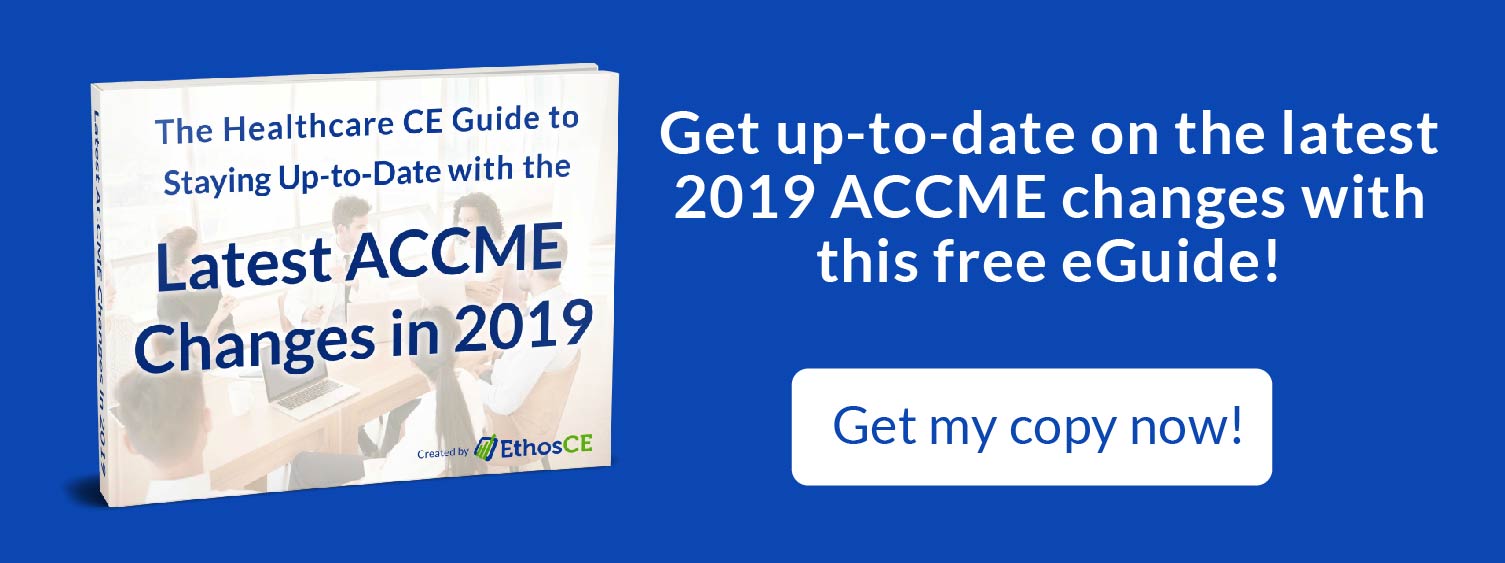How Medical Professionals Really Feel about the MOC Process
Congratulations on earning your board certification! Becoming a diplomat is something to be proud of.
Board certification demonstrates that you’ve met the highest standards for your practice in a medical specialty. But you’ll have to keep your credentials up to date, and that means taking MOC exams.
However, many of you are questioning the frequency, time involved, and costs associated with attending regular assessments. In this post, we’ll look at how you and your peers feel about the MOC process and how it fits into your professional credentials.
How the MOC Process Fits into Your Work: Pros and Cons
While it is certainly important, you might be questioning the MOC process and how it relates to your work. It is time-consuming and expensive in terms of being away from your practice. Let’s start with a few of the cons.
Some colleagues have certain issues. For example, the Texas Medical Association believes that the MOC process for recertification results in:
- Too much time spent away time from patients and their own families
- Costs of testing materials and fees
- Time away from practice
- Time lost for travel
- Up to $10,000 in monetary losses
Many have objected to programs by the ABMS, especially the MOC, citing the clinical relevance and evidence to support the efficacy and high fees.
To give an idea of the fees—if you don’t already know from the JAMA 2017 report—the average fee for an initial written exam was $1,863. Fourteen boards also required an oral exam for the initial certification at an average cost of $1,695. Nineteen boards offered subspecialty verifications, with an average cost of $2,104.
When you’re working in your practice, that’s not so bad. However, your problem is that hospitals and health plans that require the MOC for your credentialing, admitting privileges, and contracts have made dealing with it a necessary evil for you and many of your peers.
Halt MOC: How can many doctors be wrong?
The AMBS conducted their Vision Initiative Study and found that of the 34,616 physicians surveyed, only 12%, or one in 12, found the MOC valuable. Does that mean that 34,118 are wrong? When you break it down, the Vision study went further:
- Nearly 46% said they had mixed feelings about the MOC process.
- 41% said they don’t value the program.
It also reported more physician findings:
- 58%—The most frequently cited response was costs.
- 52%—They believed the MOC process was burdensome.
- 48%—Clinicians felt MOC did not measure their abilities.
- 43%—MOC didn’t help improve their practices in a meaningful way.
Where do you fit in the grand scheme of things? Is there an alternative to consider?
The New Option Available
Although the Vision Initiative has painted something of a gloomy picture, the Initiative has shown interesting responses regarding colleague re-certifications. Of those questioned, the replies were surprising:
- 84% were in agreement for CME.
- 52% were for self-assessment questions delivered at regular intervals.
- 34% were positive for open book exams.
- 24% were for assessment of the quality and safety of care provided.
If you’re a physician who dislikes the high-stakes MOC assessment that you have to take every ten years, there’s a new option that was piloted in 2019. The ABFM is now looking at a program that works like this:
- A program that draws on practice-relevant CME opportunities when working toward MOC
- Twenty-five online questions per quarter
- Open book opportunities
- Clinical references, as used in their practice
The New England Journal of Medicine also agrees about the use of CME. They report that an excellent alternative to the MOC process already exists: CME. Right now, medical licensure requires an annual minimum of approximately twenty-five hours of CME, depending on your state. Your colleagues already accept this requirement because they perceive it as having value. The ACCME regulates those providers and requires that each CME provide an educational gap analysis, information about speaker conflict of interest, and course evaluations, among other performance standards.
Several leading medical boards have already adopted CME self-assessment exams that lead to free MOC points. For example, the American Academy of Sleep Medicine (AASM) offers multiple-choice, case-based questions written by board-certified sleep medicine physicians.
The AASM MOC self-assessment exams have also been approved by the:
- American Board of Internal Medicine (ABIM)
- American Board of Pediatrics (ABP), to meet Part II requirements
- American Board of Psychiatry and Neurology (ABPN), for self-assessment CME
- American Board of Otolaryngology—Head and Neck Surgery (ABOHNS), for continuing certification
At this moment, the AASM on-demand MOC program is only for physicians who are under the ABIM, ABPN, ABOHNS, and the ABP. But you can still earn MOC points through the use of CME.
The MOC CMS: Where Do You Get It?
Despite the negative thoughts shared in the past, now you can see that there are ways to receive your MOC. You’ll be able to combine adult learning principles with today’s modern technology, which promotes learning retention and transfer of information. As a physician, your experience is coupled with a technology platform for self-learning. EthosCE provides CME for the MOC for medical boards such as the:
- American Academy of Family Physicians
- American Academy of Allergy Asthma and Immunology
- American Academy of Pain Management
- American Academy of Physician Assistants
- American College of Allergy Asthma and Immunology
- American College of Emergency Physicians
- American Vein & Lymphatic Society (formerly the American College of Phlebology)
- American College of Physicians
- American College of Surgeons
- American Society of Consultant Pharmacists
- American Society of Cytopathology
- American Society for Radiation Oncology
- American Urological Association
EthosCE is a leading learning management system (LMS) for medical associations, academic medical centers, health systems, and medical education companies. We empower your CME directors with the administrative and curriculum development tools necessary to transform their MOC program’s educational results through a single user-friendly platform for self-directed learning for you and other medical professionals.
EthosCE believes CME technology solutions should be designed to improve healthcare professionals’ user experience, comply with ACCME guidelines, reduce administrative costs, and demonstrate measurable outcomes.
To learn how EthosCE can enhance the continuing education of your medical professionals, request a free 1-on-1 demo with one of our specialists today!
 We're now part of the Cadmium product suite! Learn more
We're now part of the Cadmium product suite! Learn more 


